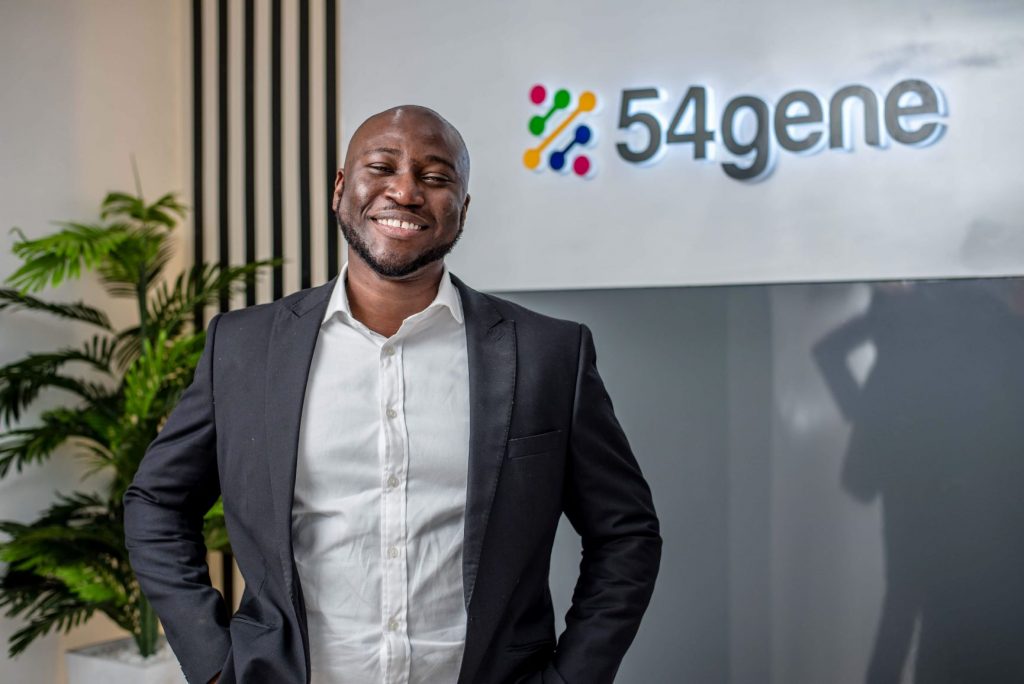Against the Odds: The Black Founders Who Raised Money During the Pandemic

More new Black-owned companies were formed in 2020 than at any time in the last 25 years. However, we do know the significant challenges Black and Brown founders face trying to gain much-needed venture capital and investment for their businesses. Despite a bleak outlook, some minority entrepreneurs have found ways to attract investment during a chaotic pandemic year. In fact, Black founders are raising record amounts of venture capital funds in 2021.
How are founders finding investment?
Lockdowns theoretically made investors easier to reach. Many founders are now more accessible virtually through Zoom and social media. This has eliminated physical barriers and psychological barriers to funding companies outside traditional startup hubs like New York City and San Francisco’s Bay Area.
Finally, the broader cultural movements that dominated 2020 [instigated by the tragic murder of George Floyd] have caused the VC industry to analyze its track record of funding minority founders.
While just $442 million was invested in Black-founded startup founders in the first half of 2020, Crunchbase data shows it increased to $589 million in the second half of 2020. That momentum continued into 2021, with at least $1.8 billion invested in the first half of this year. Again, early-stage funding has led the way in 2021, with the most significant proportion of venture capital investment to Black-founded companies at the Series A and Series B stages.
Several of those early-stage fundings were very large Series A and B investments, such as a $350 million round to Atlanta-based scheduling platform Calendly by Tope Awotona, a $115 million investment in Southern California-based fashion brand by global superstar Rihanna’s Savage X Fenty, and $85 million to New York-based agtech company, Gro Intelligence founded by Sara Menker, who was recently shortlisted in Time’s 2021 most influential companies.
What other founders have raised venture capital during the pandemic?
Courtne Smith, NewNew

NewNew marks Smith’s debut in the tech industry. Courtne became one of fewer than 20 Black female founders in tech history to build an eight-figure, venture-backed company. The concept of NewNew is like TikTok meets Facebook. It’s a social decision-making platform where users join groups, share content, chat, take polls, and vote things up or down.
Courtne Smith once worked for Drake as his longtime personal assistant but was also a serial entrepreneur. Her newest venture NewNew will create a social graph around a shared interest in videos or visual content, similar to how Instagram created a unique platform for social networking. The difference? NewNew won’t focus on content creators but instead the passive followers who amplify those creators.
Investors in NewNew include Andreessen Horowitz, Will Smith’s Dreamers VC, Canaan, Founders Fund, and Shrug Capital and angels who have been top executives at Facebook, Google, Netflix, and Twitter. According to PitchBook, Courtne, alongside co-founder Filip Diarra [has raised at least $3.8 million] last year.
Courtne shares with Forbes, “I made it a conscious decision to not even go to anyone in my network to invest in us,” said Smith. “I felt if the vision for the company and the product were good, people would want to invest in our business.” Additionally, she didn’t want investment to be about whom she knew. “We raised [our round] by cold emailing hundreds of investors.”
Charley Moore, Rocket Lawyer

Charley Moore was once the only Black startup attorney practicing in Silicon Valley. But early in 2020, Charley raised $223 million in growth capital for Rocket Lawyer, marking one of the largest funding rounds ever to a startup founded by a Black founder. His idea was simple: help regular people can access excellent legal services. Launched in 2008, Rocket Lawyer offers low-cost online legal services to individuals and small businesses. Rocket Lawyer is among a range of legal startups attracting money from venture capitalists looking to disrupt the staid legal profession.
The pandemic accelerated the shift to online legal services, just as it fueled e-commerce and video streaming. “With a pandemic, the need for completely digital solutions for justice has never been more acute, when you can’t have a physical presence,” says Moore to Fortune.
As one of the few Black CEOs in Silicon Valley, Charley has experienced his share of racial incidents. After the murder of George Floyd, Moore added a new function to Rocket Lawyer’s mobile app called ‘Rocket Evidence.’ Now any user can upload video footage they’ve taken or found that may show evidence of a crime and consult with lawyers at the company. Led by Vista Credit Partners, Rocket Lawyer has plans to further its international expansion.
Abasi Ene-Obong, 54gene

Abasi Ene-Obong is CEO and entrepreneur with a Masters’ in business and management and human molecular genetics, a Ph.D. in cancer biology. He is working to further genomic research with a pan-African biobank. In addition, he is on a mission to improve personalized medicine for Africans and advance the quality of healthcare worldwide. In 2019, he launched 54Gene, a private, Lagos-based genomics lab named after the 54 countries comprising the African continent.
This research is crucial because Black people are vulnerable and severely underrepresented in genetic studies and databases. Abasi aims to develop treatments for prostate cancer, breast cancer, sickle cell disease, malaria, and other diseases that affect Black people in disproportionate numbers. In April 2020, Adjuvant Capital, and the Bill & Melinda Gates Foundation, invested $15 million.
Additionally, 54 gene launched Nigeria’s first COVID-19 mobile laboratory so that people in other states in Nigeria would have access to services. “There’s never been a better time than now to do the work we’re doing,” Abasi says.
Felix Orwa and Meka Este-McDonald, Sote

Like many others entrepreneurs, the global pandemic almost sabotaged Felix Orwa and Meka Este-McDonald’s startup dream. These two Black founders had connected four years earlier over a shared mission to make trade logistics in Africa more efficient. Their vision was Sote, a tech-enabled platform that helps industrial import and export businesses in Africa manage complex trade logistics. It was a chance to have a broader positive impact on Africa, a continent that is one of the largest and fastest-growing economies in the world yet is often ignored by Western investors.
Before 2020, the pair was optimistic about the future of their company. But when the pandemic hit, they failed to raise a formal seed round at the end of the accelerator. To make ends meet, they took out a loan from the Paycheck Protection Program, a US federal relief program for small businesses, and asked their staff if they could delay paychecks. Then, in June 2020, a lifeline to their business, when tech entrepreneur Sahil Lavingia posted a message on Twitter saying he was looking for Black founders to invest in. They responded and received $500,000.
Fast forward to late 2020 — at the end of a long and challenging year in which they thought their business might fail — Sote raised its seed round: $3.6 million led by MaC Venture Capital. Along with the funding, MaC Managing Partner Marlon Nichols and Backstage Capital Managing Partner Arlan Hamilton joined SOTE’s board. As a result, Sote now has about 40 employees. To date, they raised $4.4 million and officially launched in 2021.
Denise Woodard, Partake Foods

Denise Woodard’s entrepreneurial journey has been described as bitter-sweet. Bitter, because it took the murder of George Floyd and Black Lives Matter to focus the world on the systemic racism and inequities that Black female founders face funding their startups. Yet sweet, because her company, Partake has benefited from increased media, consumer, and investor attention.
In January 2021, Partake announced it closed a $5 million Series A fundraising round, led by investors including Marcy Venture Partners (co-founded by Jay Z), Lotus Bakeries’, CircleUp Growth Partners, Black Capital, Black Star Fund, Bobby Wagner of the Seattle Seahawks, John Foraker, and Robyn Rihanna Fenty. Partake has increased its social mission efforts with this new investment, including the Black Futures in Food and Beverage Fellowship at five HBCUs. It also will partner with the Food Equality Initiative, a nonprofit that brings allergy-friendly foods to food-insecure families.
Denise credits her ability to take challenges, such as scaling during a pandemic. “I’m focused on building a sustainable business, no matter the [funding] path,” she said to Forbes. The company might continue to be privately held, raise money through a SPAC, or be acquired by a large strategic. We have a healthy culture and financial metrics, so we’re able to have a choice.”
For more info on US-based startups by Black founders who have raised venture capital —check out the Black Founders List.



